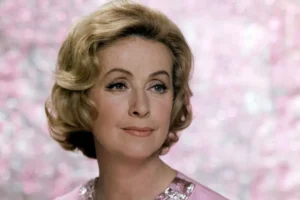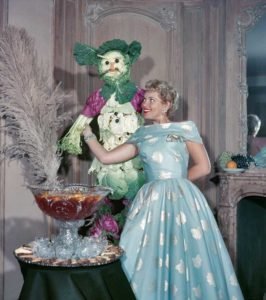Charles Laughton: From Shakespearean Actor to Hollywood Legend
Explore the remarkable journey of Charles Laughton, from acclaimed British stage actor to award-winning Hollywood star in this detailed biography.

Charles Laughton was born on July 1, 1899, in Scarborough, Yorkshire, England. His family owned several hotels, and it was expected he would eventually join the family business. However, after serving in World War I, Laughton chose a different path — he decided to become a professional actor.
He enrolled at the Royal Academy of Dramatic Art in London, where he was awarded a gold medal for his outstanding performances. He soon began appearing in various stage productions. In 1927, he met actress Elsa Lanchester, whom he married in 1929. The couple remained together until his death, though they never had children. After his passing, Elsa revealed in her autobiography that Laughton was gay.
Laughton’s first film roles came in the late 1920s, but his major breakthrough happened in the 1930s with standout performances in films such as The Old Dark House (1932) directed by James Whale, The Man from Yesterday (1932) by Lothar Mendes, The Sign of the Cross (1932) by Cecil B. DeMille, and Island of Lost Souls (1933) by Erle C. Kenton.
He earned an Academy Award nomination for Mutiny on the Bounty (1935) and won the Oscar for The Private Life of Henry VIII (1933), becoming the first English actor to receive the award. In 1937, together with producer Erich Pommer, he founded his own production company, Mayflower Pictures.
Although he only directed one film, The Night of the Hunter (1955), starring Robert Mitchum, it became a highly regarded classic and is often cited as one of the greatest directorial debuts in cinema history.
Throughout the 1940s and 1950s, Laughton continued to shine in films like They Knew What They Wanted (1940), Tales of Manhattan (1942), This Land Is Mine (1943) directed by Jean Renoir, The Canterville Ghost (1944), Captain Kidd (1945), Arch of Triumph (1948), Salome (1953), and Hobson’s Choice (1954), directed by David Lean. In 1950, he became a naturalized American citizen.
Some of his final screen appearances include Spartacus (1960) directed by Stanley Kubrick, Under Ten Flags (1960) by Duilio Coletti, and Advise & Consent (1962). Charles Laughton passed away from cancer on December 15, 1962, at the age of 63.



